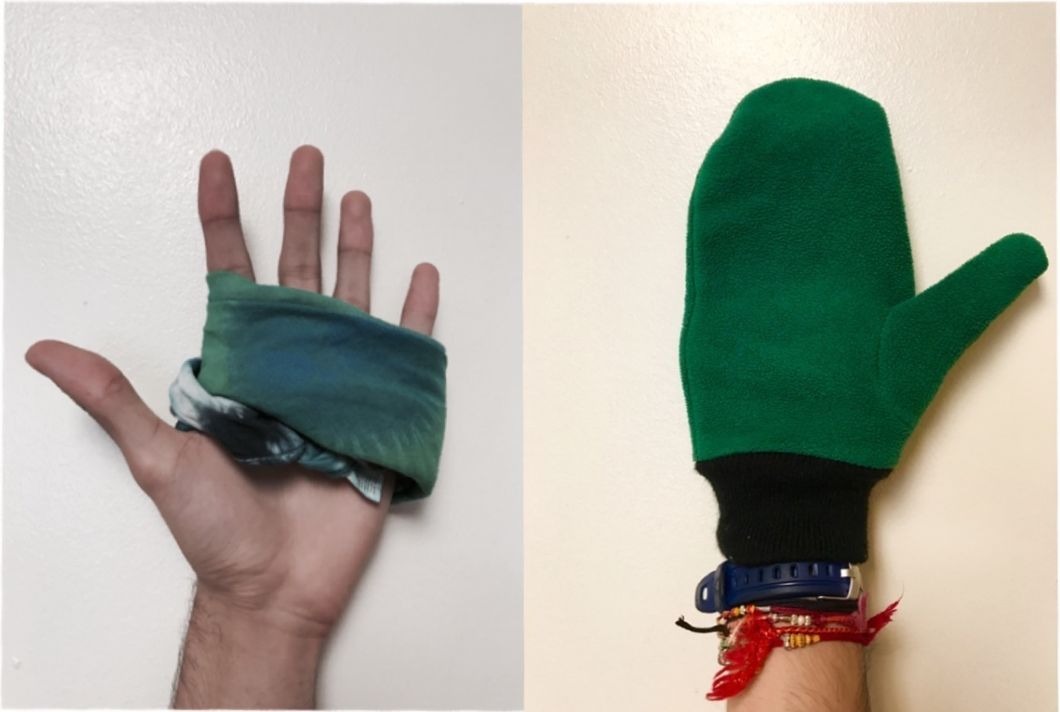In one of my professor's recent lectures, she mentioned a research study from the psychology department that needed additional participants. The researchers would monitor a participant's brain patterns and ask them questions, and considering a participant would also be paid for volunteering, I was keen on getting involved.
Then I read the requirements. Any volunteer had to be right-handed.
My professor told me after class that an individual who was right-handed had a different wiring of the brain compared to a left-handed person, so the study wanted to limit that variation. While this choice to leave left-handed people out is perfectly logical in the scientific context, it's emblematic of an unconscious societal consensus that deserves some attention; we're too right-centric. And no, I don't mean politically, although that could be its own argument too.
What side of the road do you drive on? What end of a hallway should you walk on? What hand should you use to shake hands with peers? That's right, the right one. If you are an individual from the United Kingdom or a colony of the former British Empire, then driving in most of the world could be disorienting. If you're turning left at a corner and bump into someone on the right side, you're hit with a judgment for stepping outside of your expected lane.
Perhaps most frustrating of all, if you're left-handed, not only will you regularly have the awkward exchange of switching hands when about to shake someone's hand, you'll struggle with opening doors without being an inconvenience as they're all on the right side. You'll get scolded at the dinner table for eating with your left hand and bumping repeatedly into others at the table. And most classrooms don't have left-handed desks, so have fun shooting your elbow up in the air and getting a left shoulder workout when it's time to write while your classmates cruise through an essay resting their arms on the smooth desk space.
Even the words "left" and "right" have connotations that clearly show a preference to one over the other. Until recently, being left-leaning in terms of politics automatically got you labeled a communist or a leftist radical since apparently, right-winged politics is somehow better. To be right is to be correct, righteous, and valiant. But to what's left is to be what remains, like scraps on a plate, a much less exciting characterization.
This could all be rather pointless, many would argue if you consider that the Scientific American stated that 70 to 95 percent of humans are right-handed, so of course our world is going to be oriented to the majority.
But that same line of logic, the logic of catering to the majority, is what allows one race to perceive themselves as more important solely because they are the majority. That same logic condones discrimination against a less common gender. That sanctions the dominance of one group over another smaller community.
Maybe the left (handed individuals) have lost their battle of equality, as it's now impossible to challenge the ages of right-centrism in the mundane functions of life. But the point of this piece was never to merely bemoan the minor annoyances that left-handed folks alone face. The right-centrist world we live in is an illustration of what happens when the majority groups remain unabated in their quest to solidify their predominance over the minority. It's a cautionary tale, really.
Consider going forward now what other unconscious invisible biases and preferential treatment exist within our society and is accepted as a norm. Just because a group is a minority doesn't mean they should be left behind. That's just not right.

















